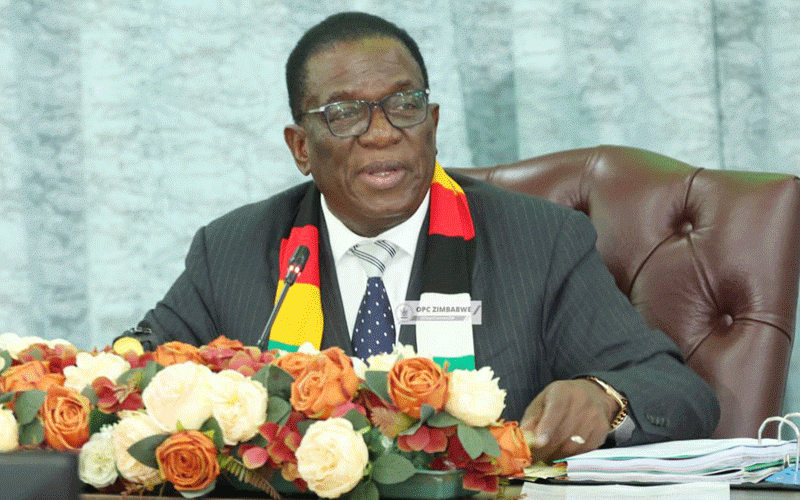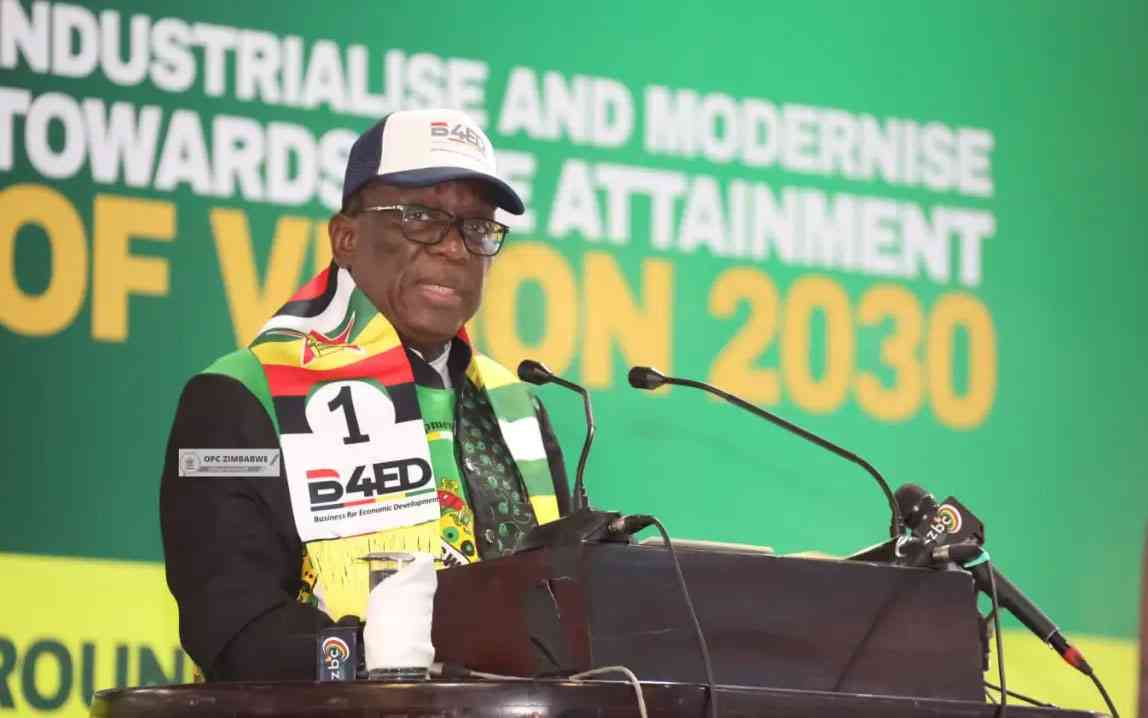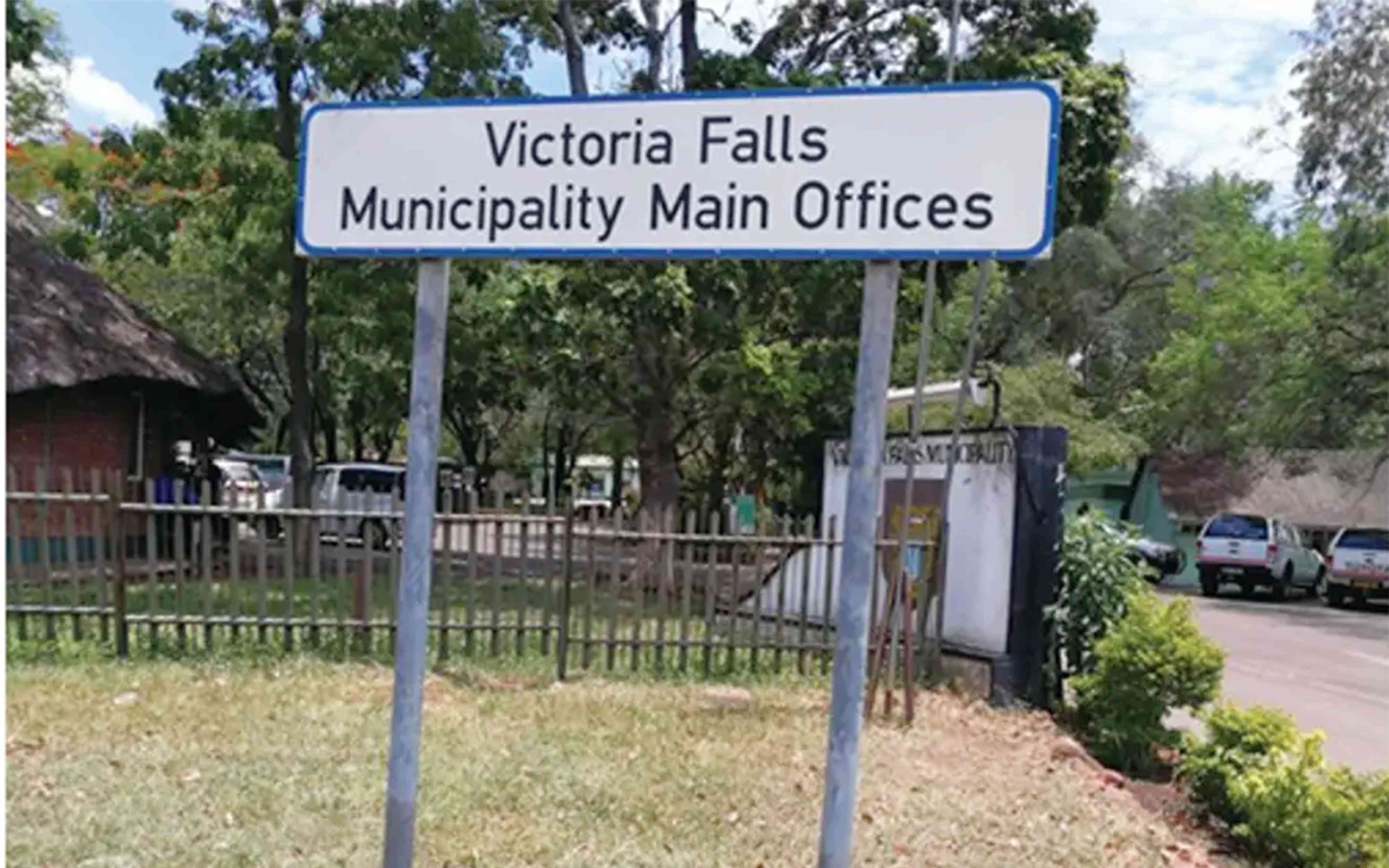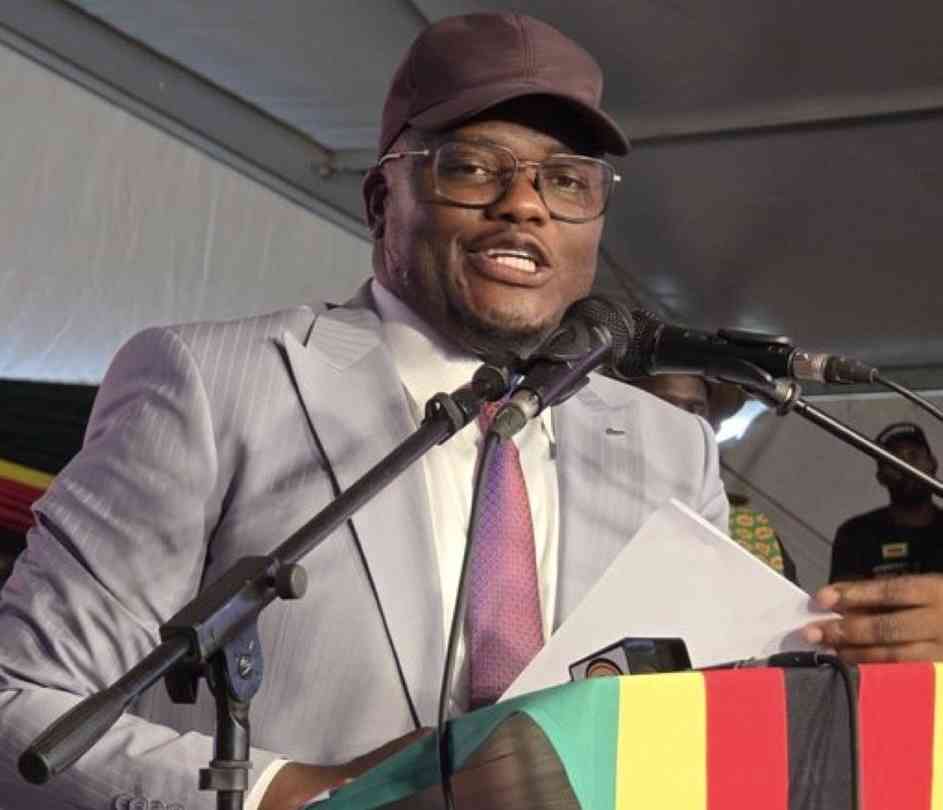
The country’s political landscape is expected to be shaped by fluid dynamics in 2025, including an intensified push to extend President Emmerson Mnangagwa’s term beyond 2028.
Within the fractious opposition circles, Welshman Ncube and Sengezo Tshabangu of the divided Citizens Coalition for Change (CCC) are likely to continue their power struggle, according to leading experts. Analysts predicted this week that Zanu PF loyalists will vigorously push for the implementation of a resolution to extend Mnangagwa’s term until 2030.
This move comes despite Mnangagwa’s indication that he will step down in 2028.
Push to implement 2030 resolution
Zanu PF spokesperson Chris Mutsvangwa has stated that the party will implement the resolution this year, citing Mnangagwa’s perceived strong track record.
According to Tshwane University associate professor Ricky Mukonza, debate around extending Mnangagwa’s tenure will dominate Zimbabwe’s political arena.
“I think the main political action in Zimbabwe will be mainly from within the ruling Zanu PF. There is going to be a continuation of the pro-2030 agenda versus those against it,” Mukonza told the Independent this week.
Political manoeuvres to prolong Mnangagwa’s rule may trigger constitutional amendments resulting in a referendum. But there has been extreme revulsion within Zanu PF itself, and across Zimbabwe over the emotive issue. Finance minister Mthuli Ncube has already set aside funds to foot the anticipated referendum.
- Corruption Watch: Get scared, 2023 is coming
- Corruption Watch: Get scared, 2023 is coming
- Letters: Ensuring Africa’s food security through availability of quality seeds
- Is military's involvement in politics compatible with democracy?
Keep Reading
Escalation of Zanu PF infighting
The spirited push to prolong Mnangagwa’s term has already sparked ructions within Zanu PF, with party bigwigs aligned to his deputy Constantino Chiwenga opposed to the move of scrapping Presidential term limits.
Factional tension surfaced in December last year, when Zanu PF national secretary for youth affairs Tino Machakaire made new appointments to the organ in a move he said was meant to position the party towards implementing its annual conference resolutions. Machakaire’s sweeping changes torched tension in the party, with his deputy Kindness Paradza saying the move was not in line with Zanu PF’s constitution.
Machakaire is from Hwedza, Mashonaland East, where Chiwenga also hails from. Paradza has widely been quoted chanting the “ED-2030” slogan, which demonstrates the desire by those behind the plan to prolong Mnangagwa’s rule.
As the year unfolds, this factional infighting is projected to build up, as groupings behind Mnangagwa and Chiwenga duel to control the heart and soul of the party.
Security sector, Cabinet realignment
As Mnangagwa seeks to bolster his grip on power, more changes within the security sector and Cabinet structures are predictable. Controlling the security organs, namely the military, police and Central Intelligence Organisation (CIO), has historically shaped Zimbabwe’s political terrain.
Mnangagwa, who stormed to power in 2017 through a military coup that toppled the late strongman Robert Mugabe, retired former commissioner general Godwin Matanga from the police in December. Matanga was replaced by Stephen Mutamba, who is believed to be Mnangagwa’s lieutenant.
This month, Isaac Moyo was relieved of his role as CIO boss and replaced by Fulton Mangwaya, formerly a director-general with the Zimbabwe Parks and Wildlife Management Authority.
This week Mnangagwa extended Zimbabwe Defence Forces Commander General Valerio Sibanda’s term by one year to November 2025.
Last year, Mnangagwa was forced to reverse his decision to appoint Sibanda as an ex-officio member of Zanu -PF’s Politburo.
Mukonza concurred Mnangagwa will purge those he does not trust from key state institutions, including the security.
He observed: “The President is likely going to continue replacing both political officials and those in critical spaces in the administration of the state whom he does not trust or are anti the 2030 agenda.
“The anti-2030 camp, which is believed to be led by General Chiwenga, seems to prefer the subtle approach. But the reality of Zimbabwean politics is that whoever controls the military or has its support, ultimately has political power.”
These security sector realignments and reforms are expected to become more pronounced as the year progresses. Subsequently, these personality changes at the helm of the country’s security organs may fuel tension within the ruling party.
Vicious clampdown on CSOs
As the curtains came down on 2024, ZimRights and the Observator for the Protection of Human Rights in a report released in December revealed that 94% of Zimbabwe’s civil society organisations (CSOs) were under increased state surveillance, thereby restricting them from carrying out their constitutional functions.
The report, titled The State of Civic Space in Zimbabwe, showed that CSOs and human rights activists were operating in a hostile environment which curtailed them from conducting their work.
This development comes at a time Mnangagwa’s administration is pushing for the enactment of the Private Voluntary Organisations Bill, which has been widely criticised for stifling the activities of CSOs.
The contentious legislation, which will give the state unfettered powers to regulate CSOs, has also been flagged by international creditors, including the African Development Bank.
In a bid to curtail dissent, analysts forecast that Mnangagwa’s administration will further constrict CSOs in 2025 through arbitrary arrests of civic activists, among other methods employed by the state.
Re-engagement drive off the rails
Though Mnangagwa’s administration has consistently harped about the importance of resetting frosty relations with the West, it has failed to implement critical reforms demanded by the European Union and the United States.
This cocktail of reforms includes upholding human and property rights, adhering to constitutionalism and holding free and fair elections. In the absence of these key reforms, Zimbabwe’s bid to rejoin the Commonwealth hangs in the balance while the US has routinely maintained its sanctions against Harare.
Political analyst Reuben Mbofana told the Independent Harare’s drive to thaw frosty relations with the West would be affected by slow pace of reforms.
“Zimbabwe’s reluctance to undertake genuine political and governance reforms will likely delay meaningful acceptance of the country as a respected member of the international community,” he noted.
Mnangagwa’s Sadc headache
Growing disturbances in Mozambique sparked by last year’s disputed poll, which was won by Frelimo’s Daniel Chapo against opposition leader Venâncio Mondlane will present fresh regional security challenges for Mnangagwa, who is the Sadc chairperson.
Mnangagwa congratulated Chapo before Mozambique’s electoral body had announced election results. Zimbabwe was also accused of meddling in Mozambique’s electoral affairs. After Mozambique’s courts upheld Chapo’s victory, which further flared tensions, Mnangagwa announced that the electoral dispute had been resolved following the court ruling.
However, Mnangagwa’s statement in his capacity as Sadc head was at variance with the message issued by continental powerhouse, South Africa.
South Africa’s government, in a statement issued after Mozambican parties upheld Frelimo’s victory, cautioned that there was need for inclusive dialogue between Mozambique’s warring parties.
Professor of World Politics at University of London Stephen Chan noted Mnangagwa lacked the credibility to fairly intervene in Mozambique.
“As for Mozambique, mediation should be left to the South Africans. Zimbabwe has no one with the skill of Sydney Mufamadi. Mnangagwa himself is seen as far too close to Frelimo to be treated as an honest and unbiased broker,” Chan he said.
Predictably, disturbances in the neighbouring country are expected to dominate Sadc deliberations this year. It will be a delicate balancing act for Mnangagwa resolving the Mozambican crisis.
Commenting on the developments this week, the Crisis in Zimbabwe Coalition applauded the convening by Sadc of an extraordinary summit of Heads of State and government of the Organ Troika on January 5.
Sadc acknowledged the gravity of insecurity in Mozambique and warned this posed threats to national stability, with repercussions for regional trade.
“The Crisis in Zimbabwe Coalition firmly believes that the crisis in Mozambique demands a coordinated and multifaceted approach to facilitate genuine dialogue among all parties involved,” it said.
“This is essential for restoring peace and ensuring long-term stability in the country. We applaud the Troika’s commitment to the core objectives of Sadc, which focus on fostering a peaceful, secure, and prosperous region for all member states. We remain hopeful that this initiative represents the beginning of a constructive process that will ultimately lead to a sustainable and peaceful resolution to the current challenges in Mozambique. As Sadc moves forward, it is crucial not only to address the immediate crisis but also to strive for the establishment of sustainable peace that will benefit the entire region,” Crisis added.
CCC squabbles
Within the faction-torn CCC, increased infighting between a splinter group led by Ncube and another fronted by Tshabangu is expected to further weaken the outfit.
Their feud over control of CCC resources, legislators and party structures has already spilled into the courts.
The Independent predicts that the unfolding squabbles gripping CCC will further emasculate the political party. As a result, the internecine factional wars crippling CCC may potentially spark another fresh round of by-elections if Tshabangu is to recall “rebellious” legislators from Parliament.
At the beginning of this year, fresh fissures flared up between Ncube and Tshabangu over plans to meet Mnangagwa at his Precabe farm in Kwekwe.
In that regard, the splinter opposition groupings will potentially attempt to revive a dialogue platform ostensibly meant to address Zimbabwe’s intractable economic crisis.
Political analyst Kudzai Mutisi ruled out the possibility of a united opposition.
“There is nothing pointing to a united opposition in Zimbabwe. In fact, the divisions in the opposition are widening with each passing day and 2025 might see more divisions, especially amongst opposition folks in Parliament,” he said.
Chan opined that the CCC, in its current state, was a “busted flush”.
“The CCC is for now a busted flush and will remain so until the next elections beckon. It will not be the CCC itself, but voter dissatisfaction that may revive the opposition,” he said.










